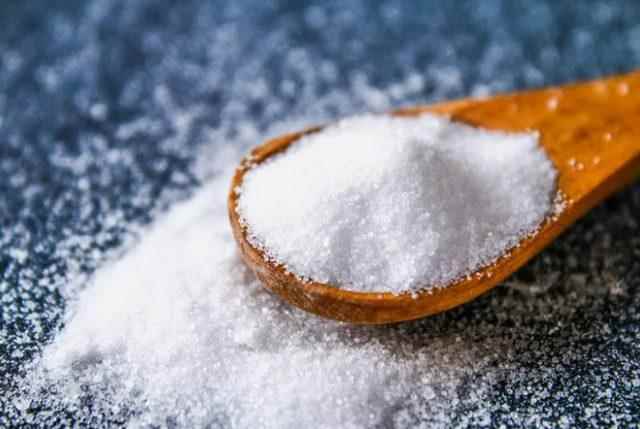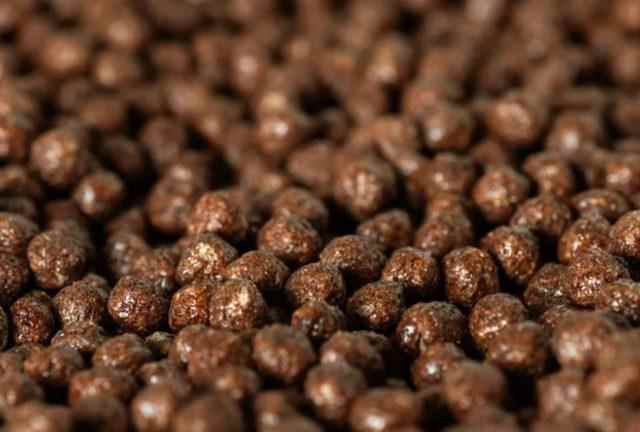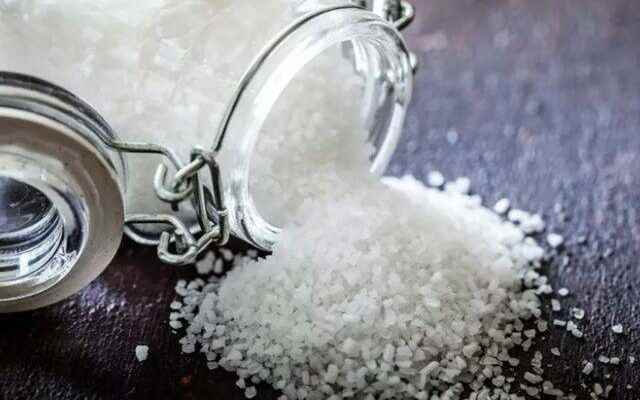The spices added to the prepared dishes add flavor to the taste of the food. It is known that the most commonly used spice all over the world is salt. The predisposition to salt consumption starts from an early age. Using too much salt and not being aware of the excess salt in the foods you eat can lead to risky situations. Experts have talked about the harms of salt so far and told that you should stay away from salt consumption. However, according to the latest research, insufficient salt consumption can also cause very risky situations.
According to experts, adults should not consume more than six grams of salt per day, which is equivalent to one teaspoon. According to The Heart Failure Society of America, patients with moderate or severe heart failure should limit their salt intake to two grams per day. The reason common spices should be consumed with caution is because excess sodium can raise blood pressure. Excess salt consumption can pave the way for conditions such as heart failure and heart attack.
MAY INCREASES THE RISK OF EARLY DEATH
New research suggests that eating too little salt may actually increase the risk of premature death in heart failure patients. The new study, which will be presented at the American College of Cardiology’s annual summit Thursday, found that keeping dietary sodium intake below the normal recommendation had the opposite effect. The researchers evaluated the effectiveness of different levels of sodium restriction in heart failure patients by looking at data from nine previous clinical studies.

The studies had data from approximately 3,500 heart failure patients.
The research team found that those affected by heart failure with sodium intakes below 2.5 grams per day were 80 percent more likely to die than those with a goal above this threshold. In the more restrictive parts of the study, sodium allowances ranged from about 1.2 to 1.8 grams per day.
PAY ATTENTION TO THE AMOUNT OF RESTRICTION
The study led by Dr. Anirudh Palicherla said: “Sodium limiting to help manage heart failure is still the way to go, but the amount of restriction is up for debate. This study shows that the focus should be on establishing a safe level of sodium consumption rather than excessively restricting sodium.”
The research team is now calling on the scientific community to further discuss the optimal targets for dietary sodium in people with potentially fatal conditions.
For now, they recommended that people consider limiting their sodium intake by eating more fresh fruits and vegetables when cooking with basic ingredients.
ATTENTION TO THE AMOUNT OF HIDDEN SALT RENEWED

Blood Pressure UK explains: “Most of the salt we eat is hidden in the foods we buy, such as bread, biscuits, breakfast cereals, sauces and condiments, and ready meals and takeaways. This hidden salt accounts for about three-quarters (75 percent) of the salt we eat, only A very small amount comes from the salt we add while cooking or at the table.”
